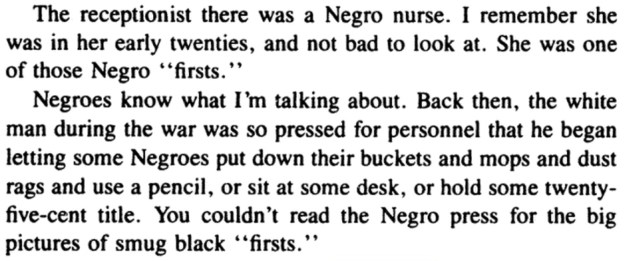
Of course, it was a bad time for Britain, as you’ve probably read or heard a thousand times in recent days. But even before this sad occasion, there were pieces being written in reputable journals, such as this one in The Atlantic, foretelling woe for Albion. That was published in January, and it began:
The grim reality for Britain as it faces up to 2022 is that no other major power on Earth stands quite as close to its own dissolution…
So bad timing for Britain, and bad for me, too, as a blogger. My own 91-year-old mum was in the hospital having surgery — the placement of a pacemaker — that very day. She had just gotten out of the ER, and my brother and I had just seen her in post-op, when we got the news about the queen. (My mother is at home now and fine, thank God.)
Needless to say, I didn’t have time that day for blogging, or paying work, or much else. And things have been busy since.
But I had thoughts, and ripped them out over Twitter that day, when I had a sec, and thereafter. Which in a way was fine, because I really didn’t have any sort of coherent, strung-together essay popping up at that moment. Just a few quick thoughts. Here are some of them. I won’t embed the tweets, since y’all don’t seem to like that, but here are the thoughts:
- Yes, I know we cast off the monarchy and all that, but I very much feel the loss. She has stood as a reassuring beacon of stability and dignity for my entire life. Now, the entire Western world is the lesse, as Donne would have said… (In response to early reporting from the NYT).
- I really wish she could have lasted a couple more years, and not just because that would have meant topping the Sun King’s record. Things were already bad enough in Britain. The country didn’t need this sad loss as well… (Also while reading the NYT).
- Oh, I don’t know! Can’t we talk about this later? Can’t we first take a bit of time to mourn and honor this lady who’s been a constant, stable, reassuringly dutiful presence for our entire lives? (In response to a piece in The New Yorker headlined, “Where Does the British Monarchy Go Under King Charles III?”)
I’ll add a couple more…
My headline is quite intentional. I say “we” and not “Britain,” because we’ve all lost someone of great importance to our world, someone who helped keep civilization anchored, someone who lived an unimpeachable life in view of the whole planet, and never did anything to embarrass or shame the human race, much less the British portion of it. (No matter how much I may like some of them, I have a hard time thinking of any American leader of whom I can say that.) She was a beacon of civilized restraint in a world increasingly condemning itself to drown in stupidity and snark. And she did it for 70 years! I really wish she could have beaten the Sun King’s record. And after that, I’d have cheered for her to beat Methuselah’s.
Y’all know, of course, that I’m an Anglophile. But I can still think of plenty of things to criticize the country for, from the dim times before Alfred the Great to the present time. But I don’t lay any of it at Elizabeth’s feet. At least, not this Elizabeth. And that is really, truly extraordinary. I doubt I’ll ever see anything like it again (and of course, I expect some of you will quickly share your Ten Worst Things About QEII lists. But those will say more about you than about her).
To sum it up, I will embed one of the tweets, so y’all can see the headline to which I was responding:
“A life of duty, service.” Could anyone have a finer epitaph? pic.twitter.com/Qpx0CXYewR
— Brad Warthen (@BradWarthen) September 9, 2022


























